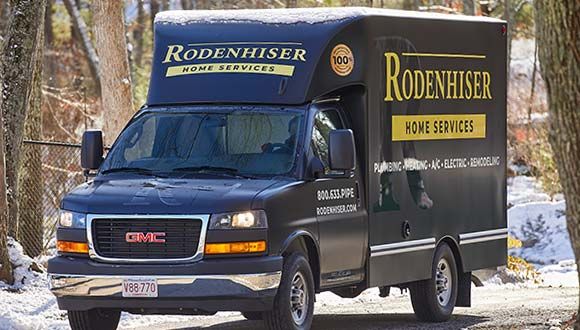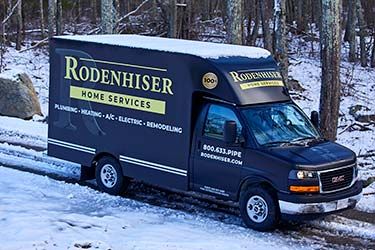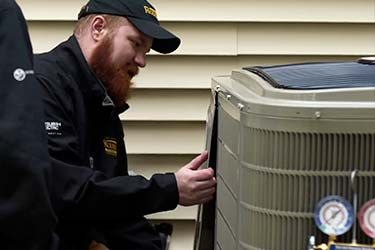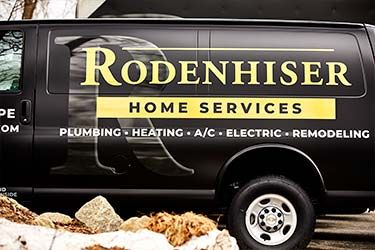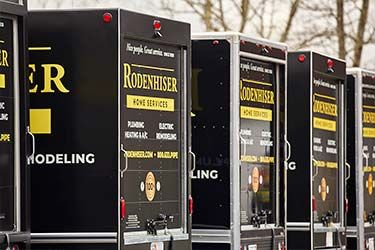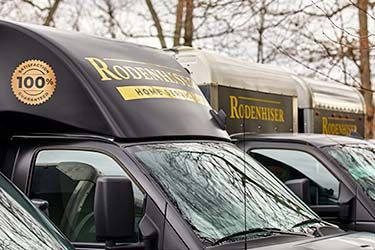
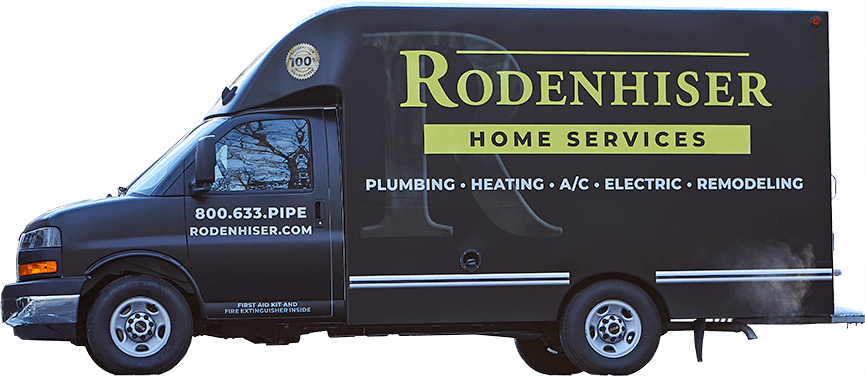
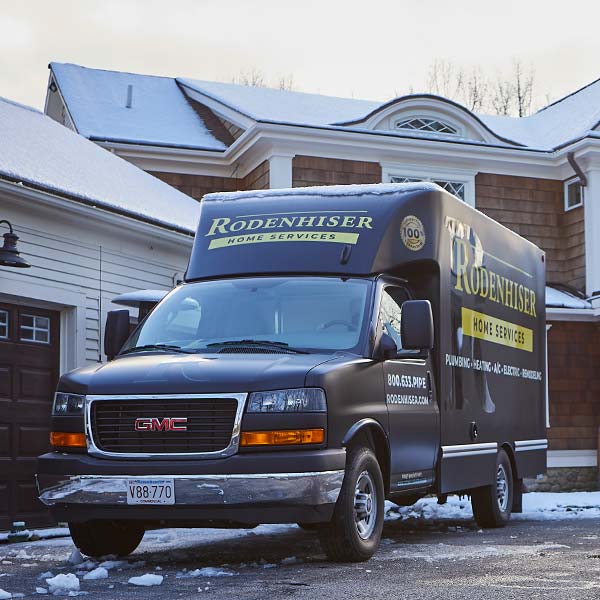

Most homeowners who have experienced a winter in Massachusetts understand the inconvenience of removing snow from their driveway. However, for some homeowners this problem is more than a minor inconvenience.
For an individual with limited mobility, large accumulations of snow on their driveway can turn their home into a temporary prison. However, a heated driveway can remove the risk and inconvenience of a snow-covered driveway.
Heated driveways are solely designed to melt accumulating snow. This is accomplished using the same principles that indoor heated floors utilize. A heating element is installed under the surface, and when the system is activated, heat is generated from the heating element and radiates throughout the covering surface. It is this process that keeps indoor floors warm and melts snow from your driveway.
However, driveway heating elements utilize a system that is designed to better withstand harsh outdoor conditions. A series of tubes are installed under the driveway, and a mixture of water and antifreeze is circulated throughout these tubes. As the heating element warms the liquid, this heat radiates through the asphalt, and raises the temperature of the driveway above the freezing point.
While it will occasionally be possible for an individual to install a driveway heating element without professional help, it is generally not recommended. There are numerous factors that must be considered during the installation process; otherwise, the heating element can malfunction or cause major cracks to form in the driveway. Some of the most common problems that are encountered during installation are related to roots from large trees and highly compacted soil. These problems require special tools and experience to properly correct.
To avoid these potential problems, homeowners should always hire contractors who are experienced in heated driveway installation and maintenance. Fortunately, for individuals living in Massachusetts, there is an experienced company they can turn to for heated driveway information and installation. Give your snow shovel the winter off and contact the friendly and experienced staff of Rodenhiser Plumbing, Heating and Air Conditioning today.
Our goal is to help educate our customers about energy and home comfort issues (specific to HVAC systems). For more information about home improvements and other HVAC topics, download our free Home Comfort Solutions Guide.





Both Alex and Patrick were knowledgeable, courteous, and professional. They made a change that might have solved the recent problem and have structured a more complete solution. We agreed to this...
Mike was thorough, thoughtful and considerate. Covered their shoes before entering, surveyed my issue and provided an explanation of the services and costs. Great Job!
Alex did a great job providing an explanation of the services provided and went out of his way to offer assistance/advice on other issues outside of our scheduled maintenance visit.
Brian did an excellent job inspecting our 18-year old boiler and replacing some of the accessory hardware that needed it, he also adjusted the outgoing hot water settings for our radiators and...
Rodenhiser is my one stop shop!!! They take care of my HVAC, electrical, and plumbing issues & are always helpful addressing any questions I may have about the systems in my house! Everyone...
Chris G. and Nick V. showed up bright and early at 8am to fix my water heater issue. They were on time, polite and were able to fix an issue that has been plaguing my house for a good year. They...
When you are looking for plumbing, electrical, heating or air conditioning in the Route 495 / 128 area, you will be delighted that you called Massachusetts' trusted choice since 1928.
With a total dedication to professional workmanship and excellent service, discover why families and businesses continue to trust Rodenhiser after generations of service
